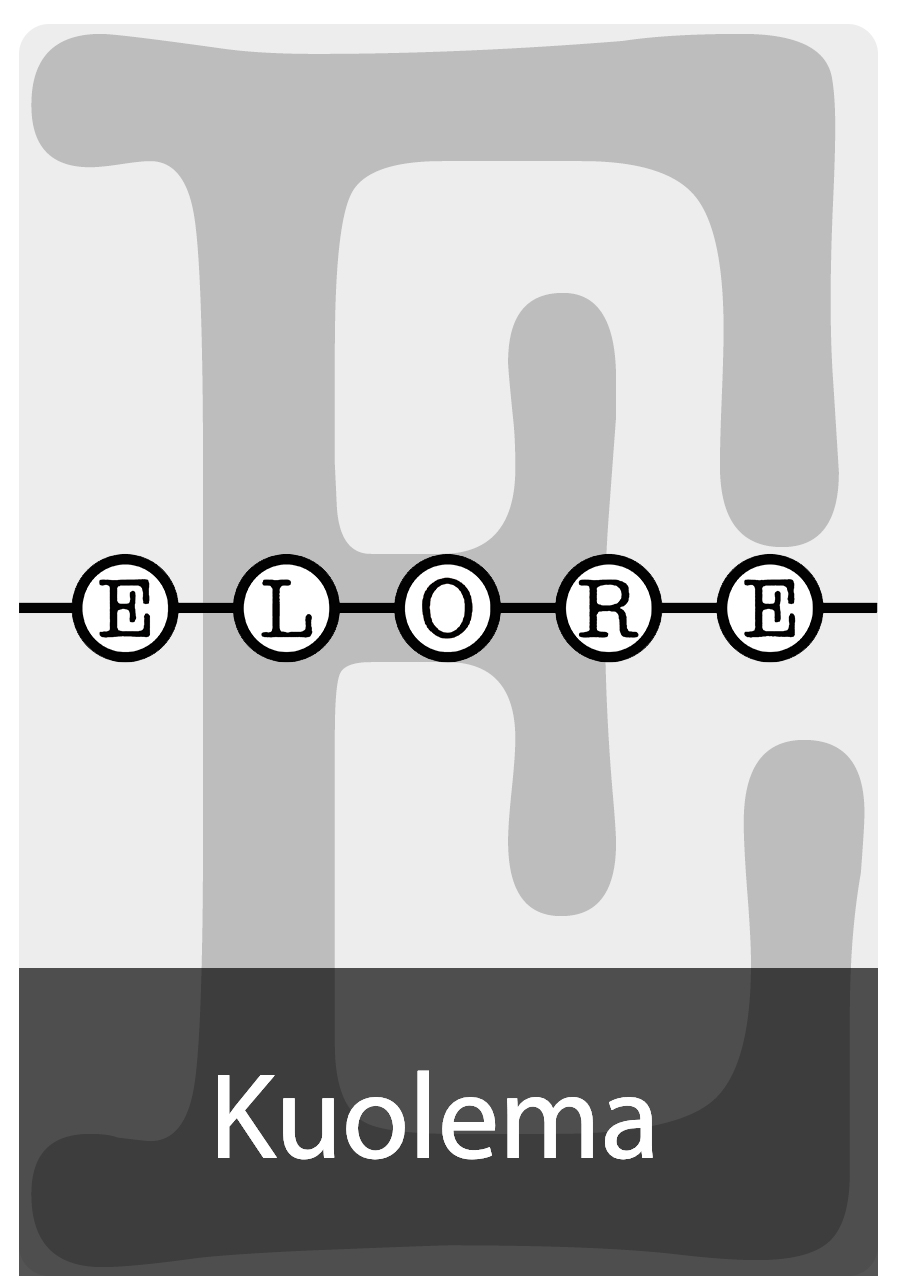Suhde vainajaan inkeriläisissä kuolinitkuissa
DOI:
https://doi.org/10.30666/elore.78499Abstract
Dirges have been meaningful to lamenters for several reasons. Culture-bound, religious explanations have functioned as a conscious motivation for performing dirges and have constituted a part of the local belief system. On an unconscious, psychic level dirges respond to the reactions of the intra-psychic mourning process: denial of loss, anger towards the deceased, and self-reproach. Ingrian lamenters make concrete and impossible requests (rise up, answer me, come and feed your children!) of the deceased - requests which would be improper in any other context than ritual (e.g. in belief legends). As traditional but variable verses, these requests function cathartically as a legitimate way of expressing emotions and unloading anxiety. Whereas Western psychoanalysis has emphasized completing the mourning process by a total decathexis from the deceased, lament culture en- courages keeping up ties with the significant dead. The ritual frame enables a close and confiding communication without fear.Downloads
Published
How to Cite
Issue
Section
License
The journal follows Diamond Open Access publishing model: the journal does not charge authors and published texts are immediately available on the Journal.fi service for scientific journals. By submitting an article for publication on Elore, the author agrees, as of September 2024, that the work will be published under a CC BY 4.0 licence. Under the licence, others may copy, transmit, distribute and display the copyrighted work and any modified versions of the work based on it only if they attribute the licence, the original publication (link or reference) and the author as the original author. Any modifications made must be acknowledged.
Copyright of the texts remains with the authors, and self-archiving (Green OA) of the published version is allowed. This also applies to texts published before September 2024. The Green OA publication must include Elore's publication details.
The metadata for published articles is licensed under Creative Commons CC0 1.0 Universal.





